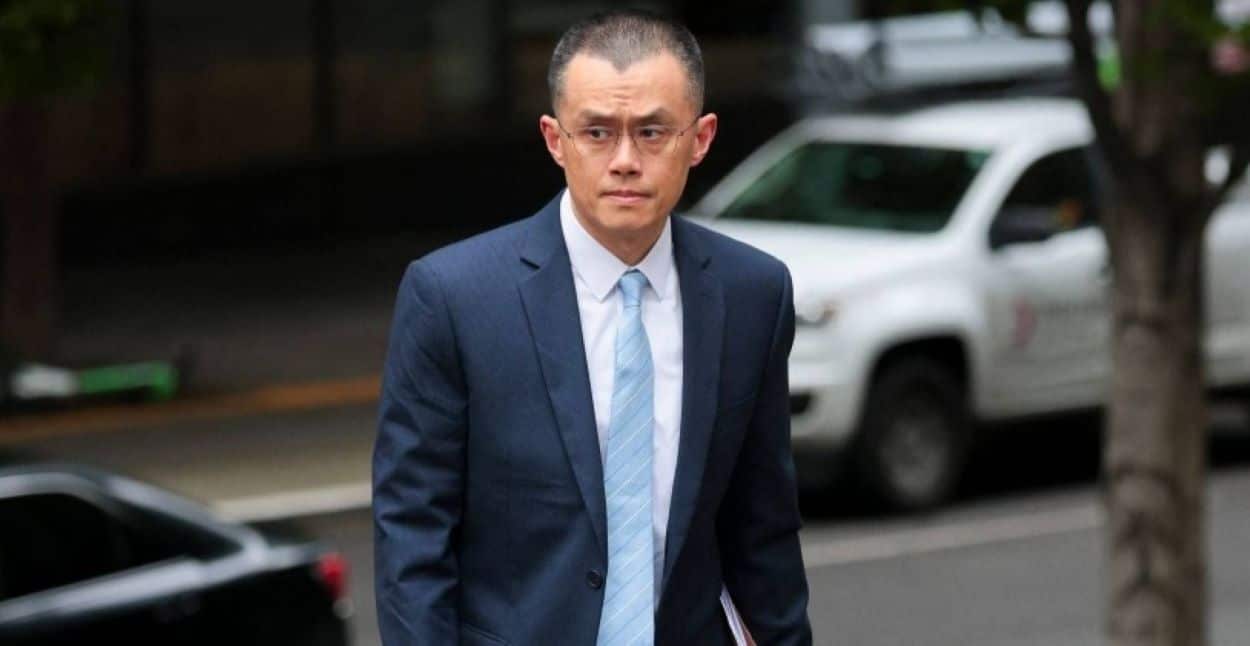Changpeng Zhao, founder of Binance, was imprisoned for four months after pleading guilty to violating U.S. anti-money laundering laws at the world’s largest cryptocurrency exchange.
Prosecutors had sought a three-year sentence, but U.S. District Judge Richard Jones in Seattle imposed a much lighter sentence. This decision followed a lengthy investigation into Binance and Zhao, residing in the United Arab Emirates.
The penalty included Binance agreeing to a $4.32 billion fine, with Zhao personally paying $100 million in fines. Despite the severity of the allegations, including failure to report suspicious transactions linked to terrorist groups like Hamas, al-Qaeda, and Islamic State, Zhao’s sentence was lighter compared to other high-profile cases in the cryptocurrency sphere.
Before his sentencing, Zhao expressed regret, acknowledging his failure to implement adequate anti-money laundering measures. His voluntary surrender to serve his sentence near Seattle highlights the consequences of prioritizing business growth over legal compliance.
The case underscores the U.S. government’s stance on enforcing stringent regulatory compliance, especially concerning financial dealings that could potentially support criminal activities.






